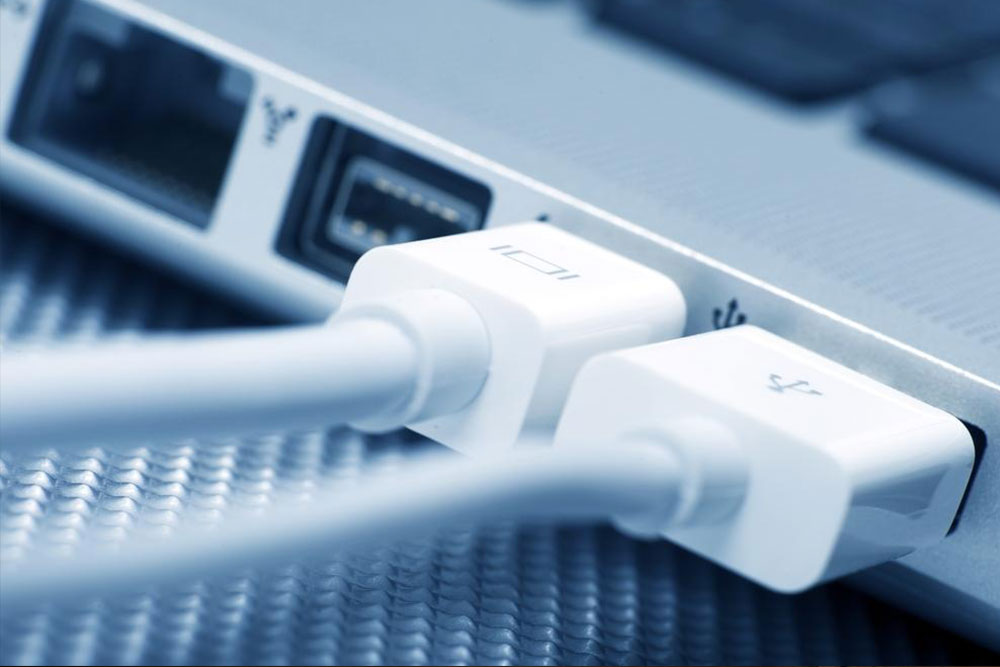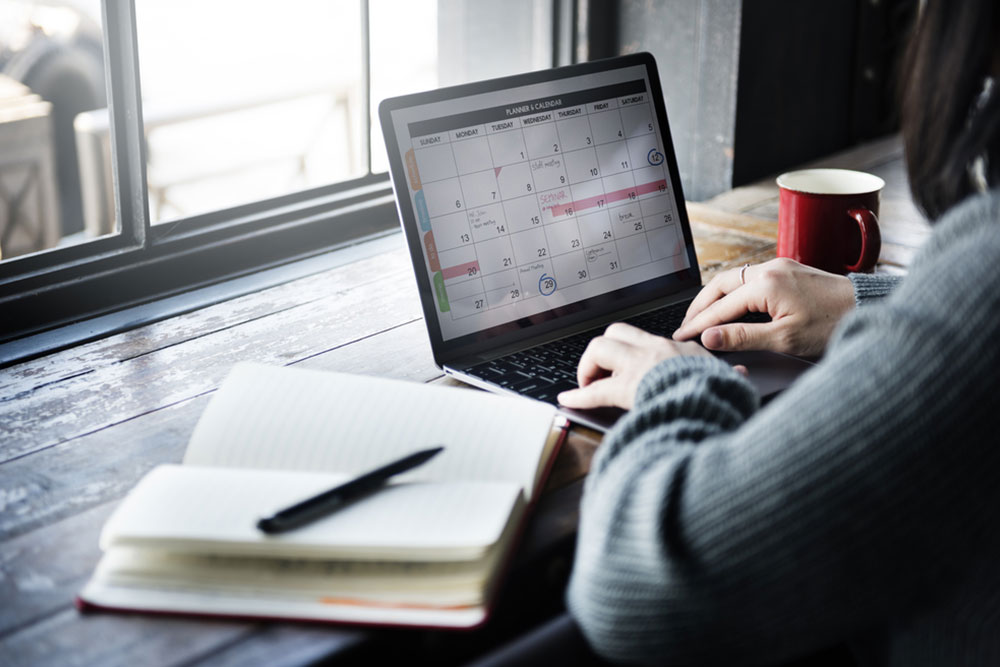Essential Tips for Selecting the Right Laptop Before Purchase
Learn essential tips for choosing the perfect laptop based on size, display, keyboard, performance, RAM, and storage. Our guide helps you compare models effectively to find the best fit for your needs and budget, ensuring a smart investment in your next device. Make informed decisions with our comprehensive advice.

Tips for Choosing the Perfect Laptop Before Buying
Deciding on the ideal laptop involves comparing various models to find one that fits your needs and budget. With numerous brands and specifications available, understanding key factors can help you make an informed decision. Consider aspects like size, display quality, keyboard comfort, processing power, memory, and storage capacity. These parameters will guide you toward a device that offers the best value and performance. Conduct thorough comparisons to ensure your chosen laptop aligns with your daily tasks, whether for work, gaming, or general use.
Below are crucial features to evaluate when selecting a laptop.
Size and Portability: Size significantly impacts portability and usability. For ultraportable devices, look for lightweight models weighing between 1-1.5 kg with screens ranging from 12.5 to 13.5 inches. These are ideal for frequent travel but tend to be more expensive.
Display Quality: Screen clarity and eye comfort are vital. Opt for high-resolution displays with good viewing angles, preferably with IPS technology, to reduce eye strain during long hours of use. Glossy touchscreens may cause reflections, so choose based on your working environment.
Keyboard Comfort: A comfortable keyboard enhances productivity. Look for full-sized keys with proper spacing, especially around arrow keys. Backlit keyboards are advantageous for working in dim settings.
Performance and Processing Power: Processor choice impacts overall speed. Select from Core i3, i5, or i7 processors according to your requirements. i3 is suitable for basic tasks, while i5 and i7 are better for multitasking and high-performance activities.
Memory (RAM): Adequate RAM ensures smooth performance. A minimum of 4GB RAM is recommended, but more can improve multitasking capabilities. Keep in mind that increasing RAM may raise the overall cost.
Storage Options: Storage capacity affects how much data you can save. Compare laptops based on SSD or HDD sizes, with larger storage options costing more. Choose based on your data needs for optimal value.
By considering these factors, you can select a laptop that offers the best performance, comfort, and value. Take your time to compare models and make an informed investment in your next device.










